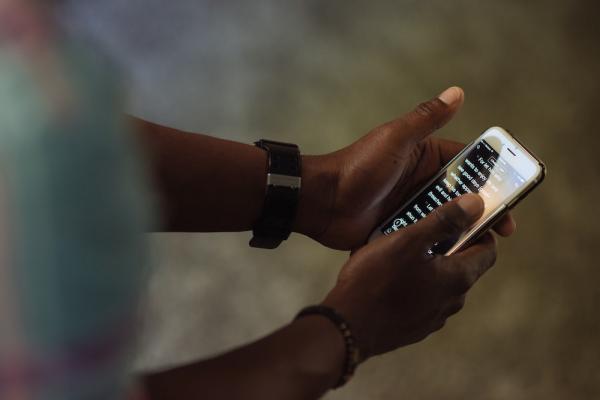Jun 8, 2020
To my acquaintance, and white people who need to hear it, I say this lovingly and from a place of abundance, without scarcity: I know you are hurting too. You are human. But this is not about your pain.
Read the Full Article

Already a subscriber? Login
